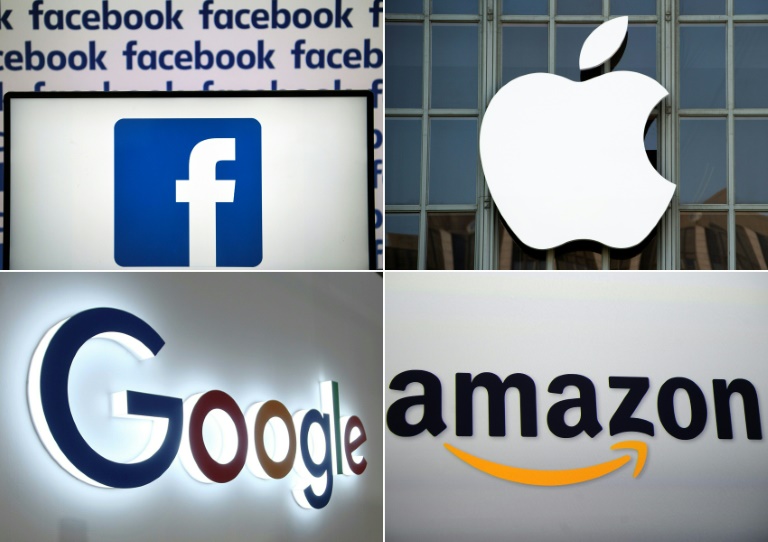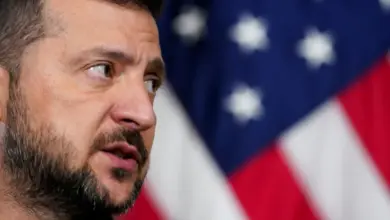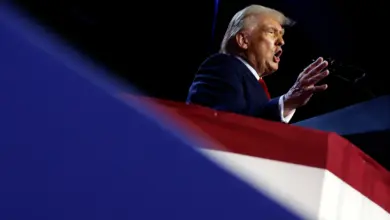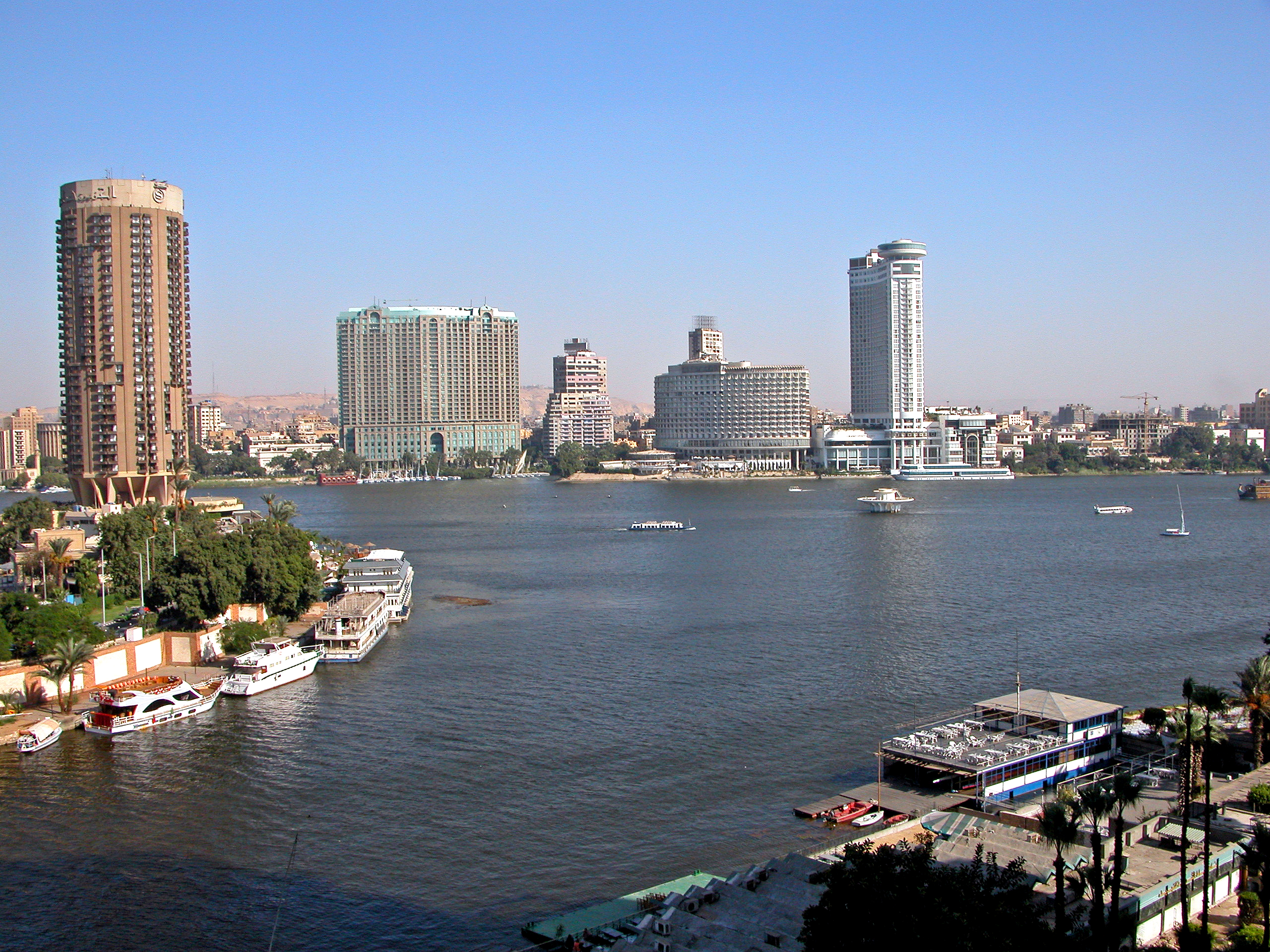
France Tuesday warned the United States of strong EU retaliation if it imposed tariffs on key French products ranging from sparkling wine to cheese to handbags, in an intensifying row over taxing digital giants that risks spiraling into a new trade war.
The French parliament earlier this year infuriated the administration of President Donald Trump by passing a law taxing digital giants like Google, Apple, Facebook and Amazon for revenues earned inside the country.
Talks to resolve the issue amicably have so far failed and on Monday the United States threatened to impose tariffs of up to 100 percent on $2.4 billion in French goods like sparkling wine, yogurt and Roquefort cheese.
“We were in contact yesterday with the European Union to ensure that if there are new American tariffs there will be a European response, a strong response,” French Economy and Finance Minister Bruno Le Maire told Radio Classique.
“This is not the sort of behavior one expects from the United States with respect to one of its main allies, France, and to Europe in general,” Le Maire said, while adding that he wanted to avoid a pattern of “sanctions and retaliation”.
– Roquefort, not wine –
France, backed by Britain, argues that the digital giants must pay taxes on revenues accrued in a country even if their physical headquarters is elsewhere. But Washington fears that US companies have been singled out.
The dispute risks opening another front for the United States in a succession of trade disputes.
The US and China are already embroiled in a trade war and Trump said tariffs would be reinstated on Argentina and Brazil, accusing them of manipulating their currencies and hurting US farmers.
The decision “sends a clear signal that the United States will take action against digital tax regimes that discriminate or otherwise impose undue burdens on US companies,” US Trade Representative Robert Lighthizer said in a statement.
The full list of French products subject to potential duties includes cosmetics, porcelain, soap, handbags, butter, and several kinds of cheeses, including Roquefort, Edam and Gruyere.
However, despite Trump’s repeated threats to retaliate against French wines, only sparkling wine made the tariff list.
Lighthizer had also warned that Washington was considering widening the investigation to look into similar taxes in Austria, Italy and Turkey.
The French tax, enacted earlier this year, imposes a three percent levy on the revenues earned by technology firms in France, which often come from online advertising and other digital services.
The tax affects companies with at least 750 million euros ($830 million) in annual global revenue on their digital activities.
The French tax targets revenue instead of profits, which are often reported by tech giants in low-tax jurisdictions like Ireland in a practice that has enraged governments.
– ‘Discriminates against US companies’ –
The USTR report “concluded that France’s Digital Services Tax (DST) discriminates against US companies, is inconsistent with prevailing principles of international tax policy, and is unusually burdensome for affected US companies”.
The USTR has scheduled public hearings on the proposal to impose “duties of up to 100 percent on certain French products” and the possibility of “imposing fees or restrictions on French services”.
The last date to submit comments on the proposed actions is January 14, and “USTR expects to proceed expeditiously thereafter”.
Industry groups welcomed the report, with the Information Technology and Innovation Foundation saying in a statement that France’s tax is “narrowly and inappropriately targeted to raise revenue only from the largest companies in a small set of industries, many of them American”.
The announcement came just hours before Trump is due to meet his French counterpart Emmanuel Macron on the sidelines of the NATO summit in London on Tuesday.
The talks already risk being tense after Trump condemned Macron’s recent criticism of NATO as “very, very nasty”.
Yet Macron has devoted considerable energy into creating a close diplomatic relationship with Trump, notably seeking to persuade him to talk directly to the Iranian leadership.
The French president said after hosting Trump for the G7 summit in August this year that an agreement could be reached on the tax dispute but so far this has not materialized.
The Organization for Economic Cooperation and Development (OECD) has put forward initial proposals in October for a “unified approach” in the hope of reaching an agreement next year.
Image; AFP/File / LOIC VENANCE, Josh Edelson, STR, Emmanuel DUNAND The United States says a French digitax services tax unfairly targets American tech companies such as Google, Apple, Facebook and Amazon




